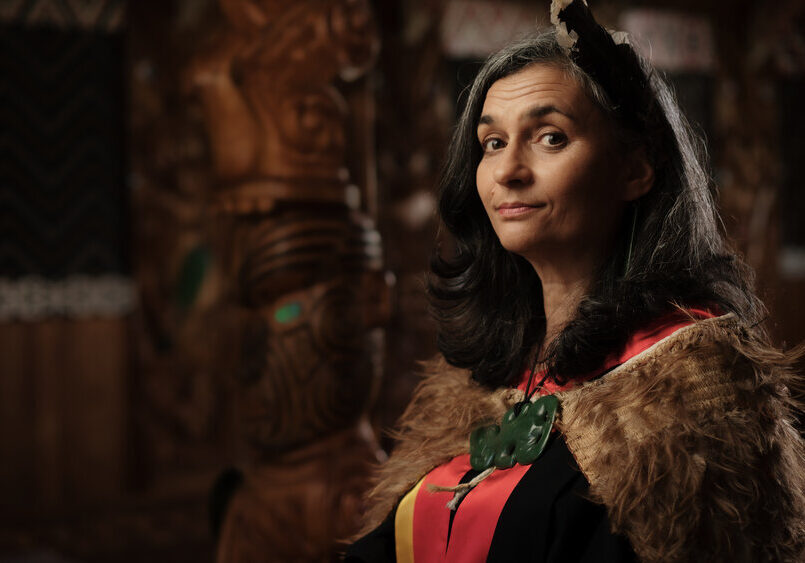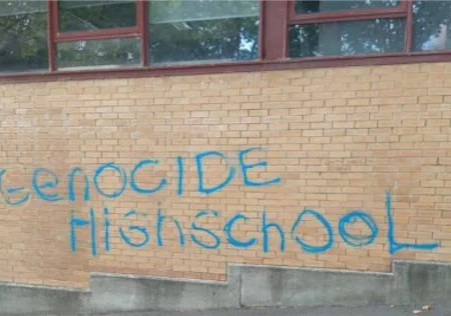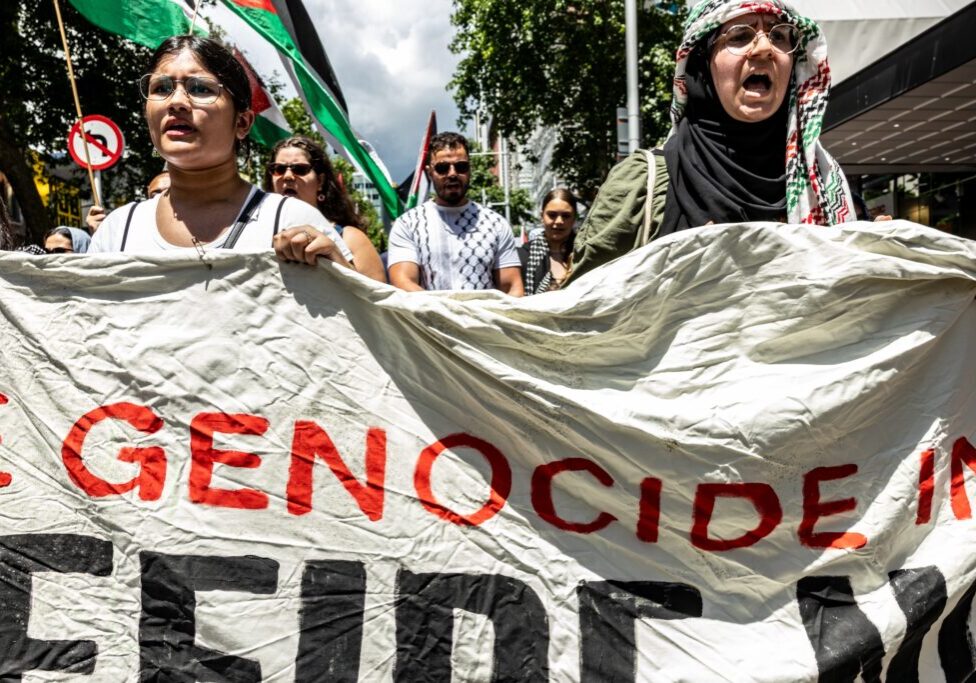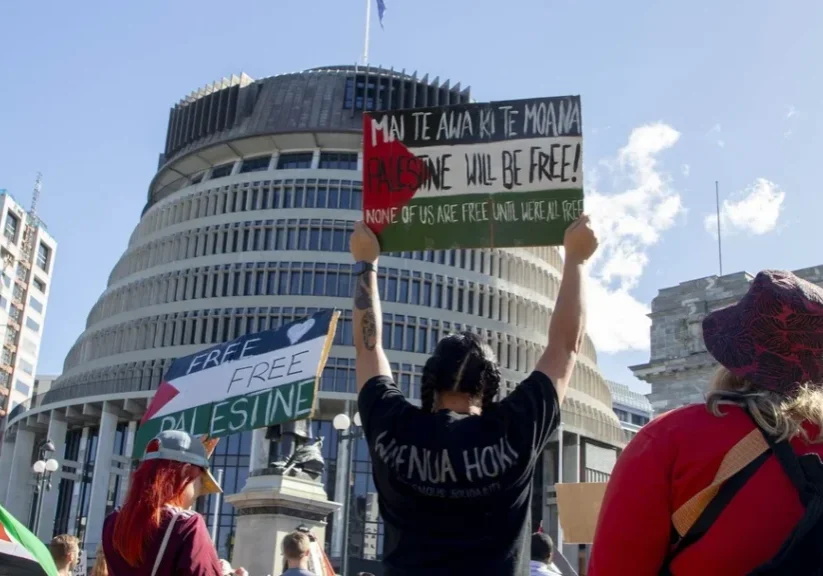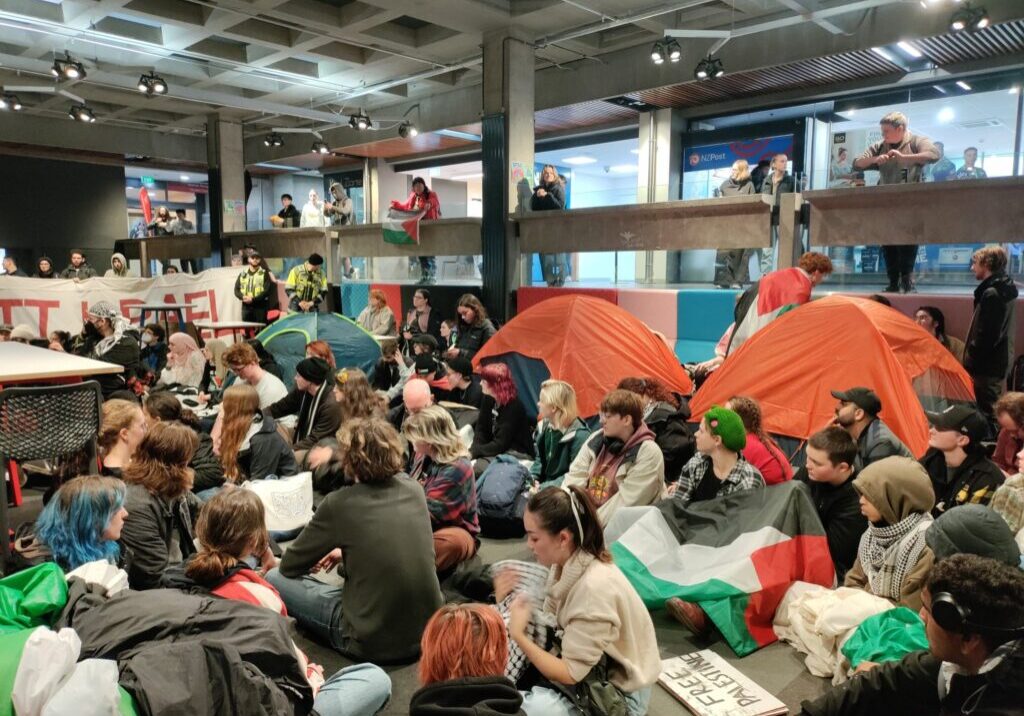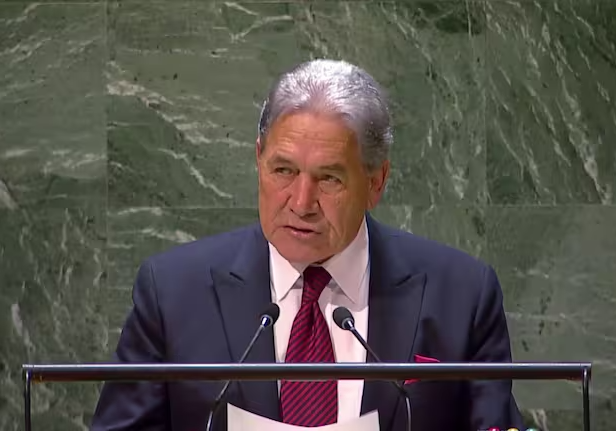Australia/Israel Review
AIR New Zealand: Jewish views on NZ’s bruising election battle
Aug 30, 2023 | Miriam Bell
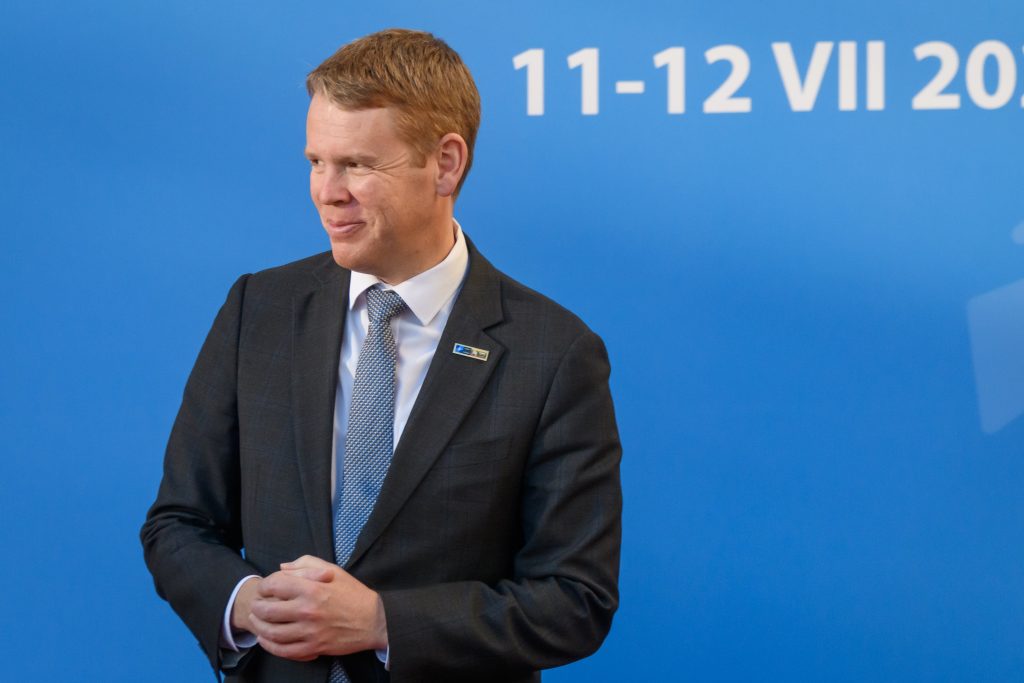
New Zealand’s election campaign is now underway, and it is set to be inward-looking and bruising, but there are points to watch for the Jewish community.
At the time of writing, Parliament was in its final two weeks of sitting before it disbands prior to the election on October 14. Valedictory speeches are flowing, alongside policy promises and fundraising appeals.
There have been launch events and manifestos.
Prime Minister Chris Hipkins of Labour has claimed his party is the underdog, but vowed it would fight back and campaign vigorously.
The reason? A sharp downward trend in recent polls, which culminated in a particularly brutal result for Labour in the latest 1NEWS Verian poll.
Hipkins took over as leader earlier this year, following the surprise resignation of then-PM Jacinda Ardern, and the party’s fortunes in the polls improved initially.
Labour and the main opposition party, National, had both been jostling around similar mid-30s levels in polls for much of the year, but the latest 1NEWS Verian poll has Labour down 4% to 29% and National up to 37%.
A potential minor party partner for National, the libertarian ACT, was up 1% to 13%, while Labour’s potential coalition partner, the Green Party, was up 2 points to 12%. The Te Pati Maori (Maori Party), which currently holds one electorate seat, was at 3%.
Veteran populist and former Foreign Minister Winston Peters – whose New Zealand First party was knocked out of Parliament in 2020 – has also managed to bring his party back to within touching distance of the 5% electoral threshold.
If reflected on election day, these poll results would translate to 65 seats for the centre-right bloc of National and ACT. Sixty-one seats are needed to form government.
These results are Labour’s worst since 2017, and political pundits have turned pessimistic on Labour’s chances.
Labour’s decline in the polls comes after a series of ministerial mishaps, which have dominated headlines.
The 2020 election was dominated by domestic issues and fought against the backdrop of COVID. This year the battleground will again be local.
To quote James Carville (Bill Clinton’s 1992 presidential campaign strategist), “It’s the economy, stupid.” The cost of living consistently rates as the biggest concern for the public.
That’s left all parties focused on related issues, such as tax and housing, with crime, health and education also in the mix.
So what does that mean for issues that might have special significance for the Jewish community?
New Zealand Jewish Council (NZJC) spokesperson Juliet Moses pointed to antisemitism/community safety and Israel-related issues as key focuses for New Zealand’s Jews.
“I don’t think these are figuring high on the agenda of any of the parties, given the numerous issues we have in the country at the moment.
“If there is a change of government, I am not sure what its stance might be, but it will depend in part on its composition in terms of coalition partners,” she said.
To date, foreign affairs discussions from the two main parties have been limited. But the Greens say they want the government to formally recognise Palestine as a state in their manifesto.
David Zwartz, the former Honorary Consul of Israel in New Zealand and a long-term community leader, said the country’s foreign policy is closely linked to its overseas trade needs.
“There are growing business relationships with Israel that are not publicised, partly because the media prefers to report on conflict that can be used to vilify Israel, rather than on successful constructive achievements.”
He said he does not think there is any Jewish political consensus on domestic affairs, “but there is a strong desire for parties to keep away from foreign affairs policies that help create a negative, anti-Israel climate that impacts on Jews in a way that doesn’t happen for any other minority – anti-Israelism turning into antisemitism.”
One domestic policy being put forward that would have an impact on the Jewish community is ACT’s plan to abolish the Ministry for Ethnic Communities, along with a range of other “demographic” ministries. National has refused to rule out this policy.
Moses said the NZJC would be disappointed if the Ministry for Ethnic Communities was to go. “They do important work – perhaps it is not visible to all – and have provided us with good support.”
Zwartz agreed, and said the Jewish community had benefitted from the strengthened security and support for minority communities provided by the Ministry of Ethnic Affairs, and other government departments, since the Christchurch mosques massacre in 2019.
“Right-wing electioneering against this is, unfortunately, a reflection of underlying racism, chiefly dog-whistled against Maori.
“But more than a quarter of New Zealand’s present population was born overseas, and increased immigration will continue this trend.”
As in Australia, rising local antisemitism has been egged on by overseas social media influences, and this was on display at the raucous 2022 Wellington anti-vaccine mandate occupation outside the Parliament, he noted.
Tags: New Zealand

